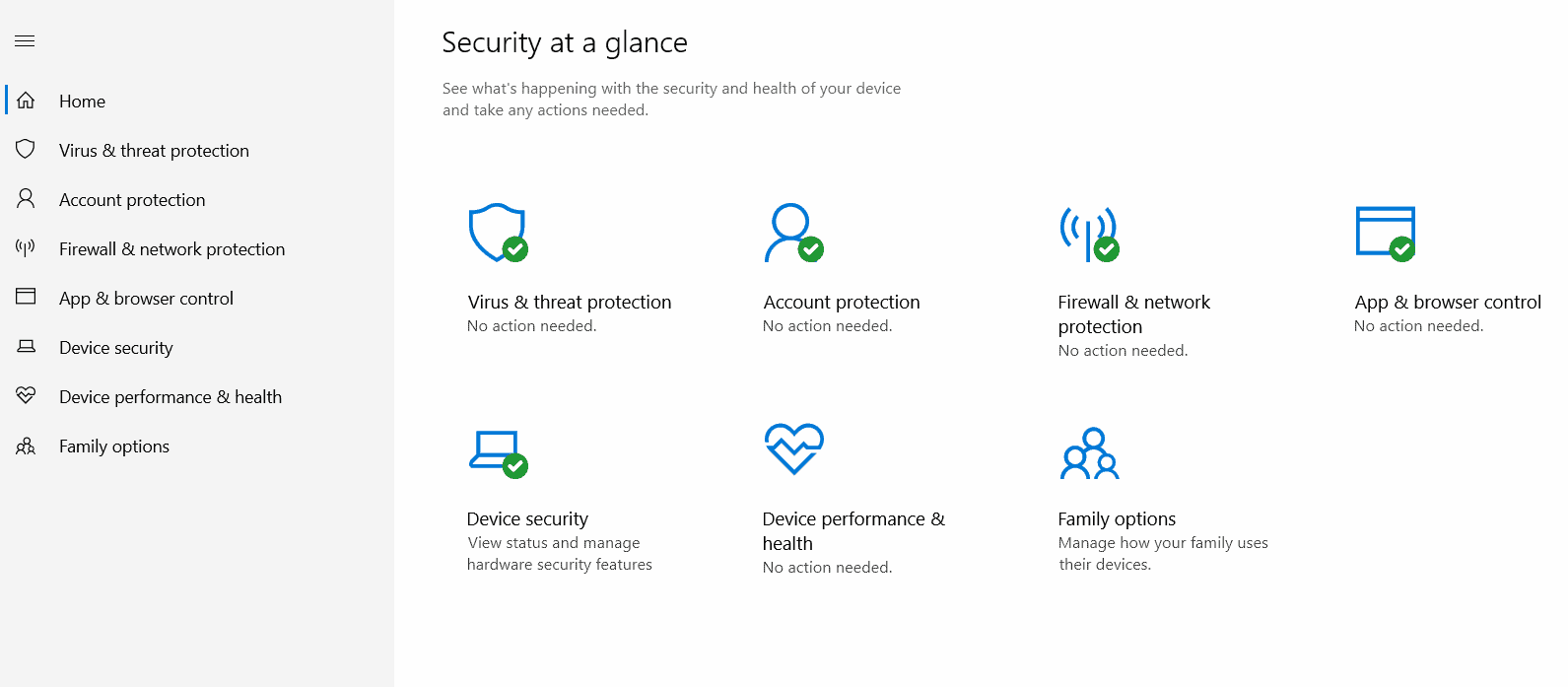Is Microsoft Defender Good Enough Protection?
Microsoft Defender is Microsoft’s built-in antivirus and security solution for Windows 10, offering users free protection from malicious software. But is it enough to keep your devices safe? In this article, we’ll explore the features of Microsoft Defender and its effectiveness in providing security for your devices. We’ll discuss the pros and cons of this antivirus solution and whether or not it is suitable for your security needs.
Yes, Microsoft Defender is good enough protection for home users and small businesses. It provides real-time malware protection, cloud-based protection against newly discovered threats, and a secure browser for online banking and shopping.Microsoft Defender also includes a firewall to block malicious network traffic, parental controls to monitor your child’s online activity, and the ability to detect and remove malicious software. Microsoft Defender provides comprehensive protection against viruses, Trojans, worms, rootkits, and other threats. It is also compatible with most other antivirus programs and can be used in conjunction with them.

Is Microsoft Defender Good Enough Protection?
Microsoft Defender, formerly known as Windows Defender, is Microsoft’s malware protection service. It’s pre-installed on Windows 10 and provides basic protection against viruses, ransomware, spyware, and other malicious software. But is it enough to protect you from cyber threats? Let’s take a look.
How Does Microsoft Defender Work?
Microsoft Defender is an antimalware protection service, which is built into Windows 10 and is enabled by default. It offers real-time protection, which means it monitors the system, looking for malicious activity. It also scans files and programs, looking for potential threats.
Microsoft Defender constantly updates its definitions, so it can recognize and block the latest threats. It uses heuristics to detect suspicious behavior, and it can detect and block malicious URLs. It also uses cloud protection, which means it can download the latest protection information from Microsoft’s cloud servers.
Does Microsoft Defender Protect You From All Types of Malware?
No, Microsoft Defender does not protect you from all types of malware. It can detect and block some types of malware, but it does not protect you from all types of malware. For example, it does not protect you from rootkits, which are malicious programs that can hide themselves on the system. It also does not protect you from advanced persistent threats, which are sophisticated attacks that can bypass traditional security measures.
Are There Other Tools You Can Use With Microsoft Defender?
Yes, there are other tools you can use with Microsoft Defender. For example, you can use a third-party antivirus program to supplement Microsoft Defender. You can also use a firewall, which can help block malicious traffic. You can also use a web filtering solution, which can block access to malicious websites.
Does Microsoft Defender Have Any Weaknesses?
Yes, Microsoft Defender has some weaknesses. For example, it does not provide protection against zero-day threats, which are malicious programs that are released before the security industry is aware of them. It also does not provide protection against targeted attacks, which are attacks that are specifically designed to bypass traditional security measures.
Is Microsoft Defender Free?
Yes, Microsoft Defender is free. It is built into Windows 10 and is enabled by default, so you don’t need to install any additional software. However, you may need to purchase a third-party antivirus program or firewall if you want extra protection.
What Are the Benefits of Using Microsoft Defender?
The main benefit of using Microsoft Defender is that it is free and built into Windows 10. It offers basic protection against viruses, ransomware, spyware, and other malicious software. It also updates its definitions regularly, so it can recognize and block the latest threats.
What Are the Disadvantages of Using Microsoft Defender?
The main disadvantage of using Microsoft Defender is that it does not provide complete protection against all types of malware. It does not protect you from rootkits, advanced persistent threats, zero-day threats, or targeted attacks. It also does not provide protection against all types of online threats, such as phishing attacks.
How Can You Make Sure Microsoft Defender is Working Properly?
To make sure Microsoft Defender is working properly, you should check the settings regularly. You should also scan your system regularly and make sure your definitions are up to date. You should also use a third-party antivirus program to supplement Microsoft Defender.
What Should You Do If Your Computer is Infected With Malware?
If your computer is infected with malware, you should take immediate action. You should run a full system scan with Microsoft Defender and use a third-party antivirus program to supplement Microsoft Defender. You should also disconnect from the internet, backup your data, and then reinstall your operating system.
Related Faq
Is Microsoft Defender Good Enough Protection?
Answer: Yes, Microsoft Defender is a good enough protection for most users. It is included in Microsoft Windows and provides a baseline of protection against viruses, malware, and other malicious software. Microsoft Defender also includes additional features such as real-time protection, cloud-based protection, and behavioral analysis.
Microsoft Defender is not perfect, however. It does not offer the same level of protection as more comprehensive antivirus solutions, and it may not be able to detect all threats. For more advanced users and businesses, a more comprehensive security solution may be necessary to ensure full protection.
In conclusion, Microsoft Defender is an effective security solution for most users. It provides a solid level of protection for devices running Windows 10, and it is free. While it may not be the most comprehensive security solution available, it does provide a good level of protection for most users. For those looking for more comprehensive protection, there are other options available. Ultimately, the decision of which security solution to choose comes down to the individual user.




















